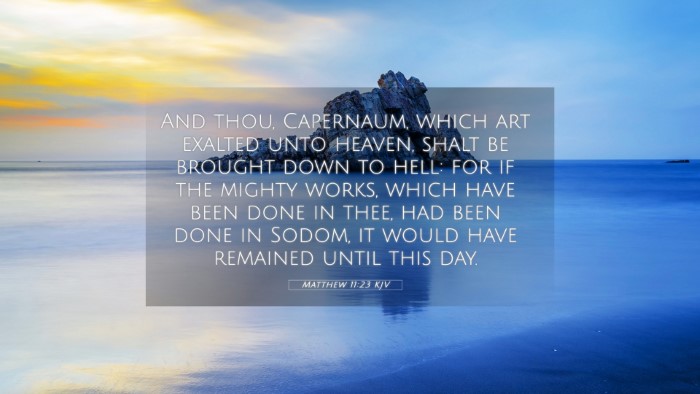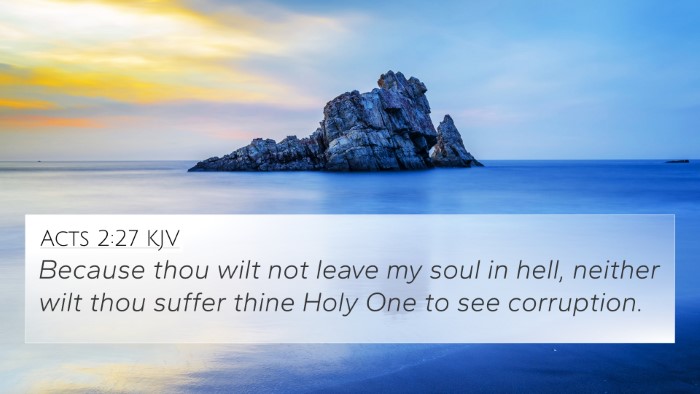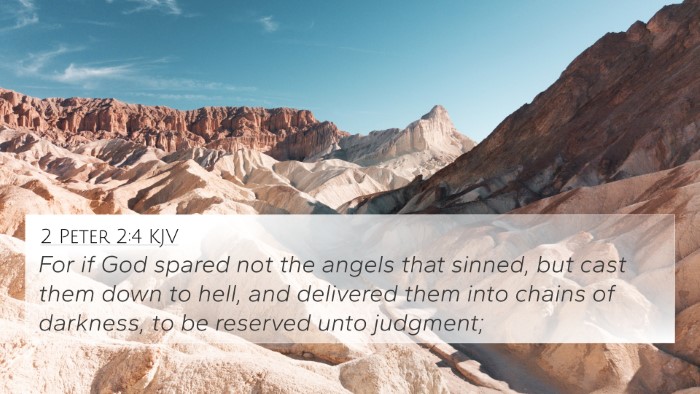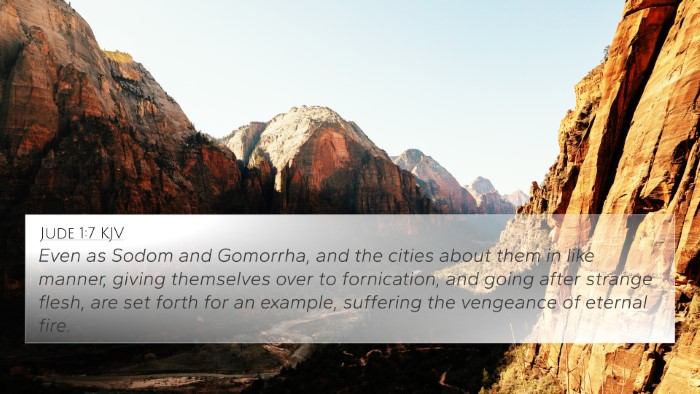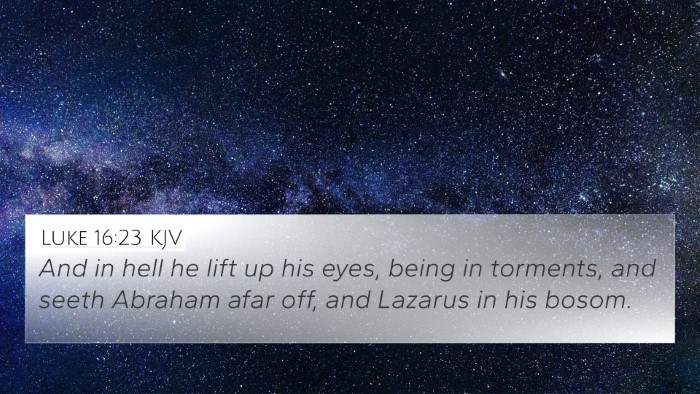Understanding Matthew 11:23
In Matthew 11:23, Jesus addresses the unrepentant cities of Chorazin and Bethsaida, warning them of the severe consequences of their unbelief. This verse encapsulates the theme of accountability in the face of divine revelation.
Verse Text
Matthew 11:23: "And you, Capernaum, who are exalted to heaven, will be brought down to Hades; for if the mighty works done in you had been done in Sodom, it would have remained until this day."
Summary of Insights
This verse reflects Jesus's condemnation of Capernaum for its lack of repentance despite witnessing His miracles.
Key Themes
- Accountability: The cities that saw Jesus's miracles had greater responsibility for their response.
- Judgment: The mention of Hades signifies the severe punishment awaiting those who fail to repent.
- Contrast with Sodom: Capernaum’s sin is highlighted by comparing it to Sodom, which suffered destruction for its iniquity.
- Miracles as a Call to Repentance: The work of Jesus in these towns was meant to lead to transformation, yet they remained indifferent.
Commentary Insights
Matthew Henry: Henry emphasizes the gravity of the sin of inattention and indifference to God's work among us. He notes that the more privileges we have, the more strict our account will be on the Day of Judgment.
Albert Barnes: Barnes points out that Capernaum, having been granted unparalleled access to Christ and His teaching, failed to recognize the significance of His miracles. As a result, their punishment would be greater than that of Sodom, which had its own transgressions.
Adam Clarke: Clarke notes the irony of Capernaum's exalted status as a ‘heavenly’ place due to Christ's presence, only to be brought down due to disbelief. He interprets this as a warning that spiritual privilege does not guarantee spiritual safety.
Cross-References
This verse can be linked to several other scriptures that shed light on the themes of judgment, accountability, and the importance of repentance:
- Luke 10:13-14: Similar admonitions to Chorazin and Bethsaida, emphasizing their unrepentance.
- John 15:24: Jesus speaks of the greater sin of those who reject His works.
- Romans 1:20: The accountability of those who see God’s power yet do not honor Him.
- Matthew 12:41: The Ninevites will rise in judgment against this generation for repenting at the preaching of Jonah.
- Genesis 19:24-25: The destruction of Sodom and Gomorrah as a warning against unrepentance.
- Hebrews 10:28-29: The severe consequences for those who ignore the message of salvation.
- James 4:17: The idea that knowing what is right and failing to do it is a sin.
Thematic Connections
When we analyze Matthew 11:23 within the broader context of scripture, we observe a consistent theme of judgment linked to revelation and response:
Bible Verse Parallels: This verse invites deeper investigation into the parallels between the Old Testament and New Testament teachings regarding God's expectations for obedience and the consequences of inaction.
- Judgment and Grace: Many scriptures explore the balance of judgment against the backdrop of God's grace, such as in Ephesians 2:8-9, highlighting the grace extended even amidst accountability.
- Repentance: The call to repentance is repeated throughout scripture, particularly in prophetic literature such as Isaiah 55:7, calling sinners to turn back to God.
- Knowledge and Responsibility: Verses like Luke 12:47-48 illustrate the weight of responsibility that comes with knowledge of God’s will.
Tools for Cross-Referencing
For deeper study, engaging with tools for cross-referencing can provide enhanced insights:
- Bible Concordance: A comprehensive tool for locating specific verses and themes.
- Bible Cross-Reference Guide: Useful for connecting themes and verses across various books.
- Cross-Reference Bible Study: Methods that allow group or individual study for exploring biblical interconnections.
- Identifying Connections Between Old and New Testament: Understanding the continuity of themes and teachings.
Conclusion
The study of Matthew 11:23 not only encourages reflection on personal accountability in faith but also invites us to explore the rich tapestry of connections within Scripture. By engaging with related verses, we draw closer to understanding the full impact of Jesus's message and the urgency of responding to God's call with earnestness and sincerity. This verse serves as both a warning and an invitation to embrace the grace of repentance, mindful of the greater revelation we have received in Christ.

